Insect pests
-

Sydney Weigand, University of Georgia, 2025 Source: Elmer Gray, Research Professional, University of Georgia, 2025 Summer may be drawing to a close, but public health officials warn that West Nile virus season is still at its peak. The mosquito-borne illness causes disorientation, fever, headache, and in severe cases, encephalitis or meningitis. Officials documented 54 confirmed…
-

Elasmopalpus lignosellus (Zeller) Credit: Adaptation from original fact sheet published by University of Florida, 2020 Sydney Weigand (Ed.), 2025 Description Immature stages: Borer eggs are oval, measuring about 0.6 mm in length and 0.4 mm in width. When first deposited, they are greenish, soon turning pinkish, and eventually reddish. The number of instars, or developmental…
-
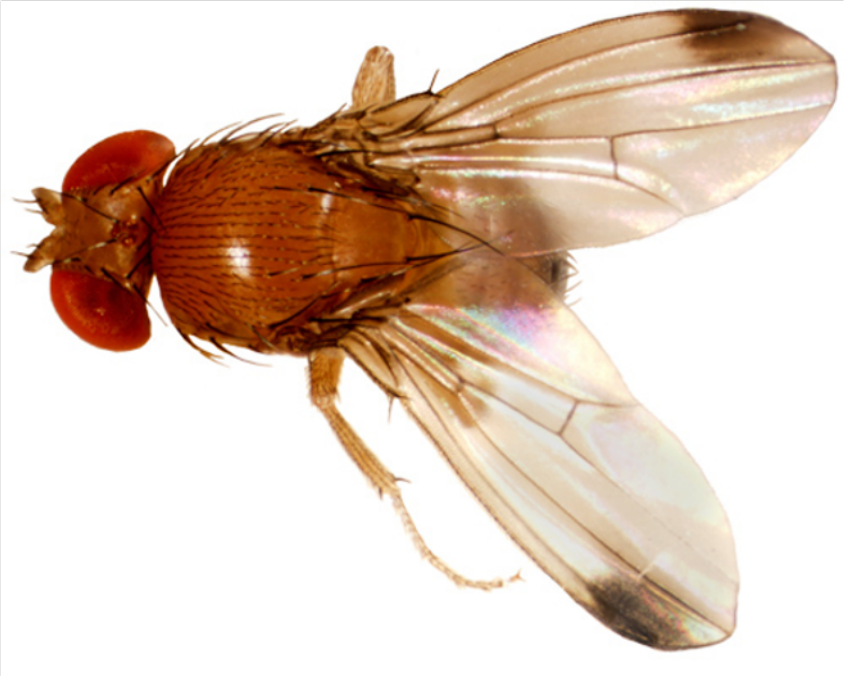
Drosophila suzukii (Matsumura) Author: Ash Sial, Entomologist, University of Georgia, 2022 Description Immature stages: Larvae are white with a cylindrical body that tapers on one end, only 1/8”. Adult stages: Adults have a brownish-yellow thorax, black stripes across the abdomen, and distinct red eyes. Males have dark spots on wingtips and black combs on forelegs.…
Posted in: Blueberry, Commodity, Flies, Fruits & Nuts, Insect pests, Invasive pest, Pests, Small fruits -

Diptera: Culicidae Author: Elmer Gray, Public Health Specialist & Entomologist, University of Georgia, 2022 Sydney Weigand (Ed.), 2025 Description Immature stages: During their first stage of development, larvae are small (about 1 mm) and almost see-through. As they progress through subsequent stages, they grow to nearly 1 cm. The pupal stage appears with the fourth…
-
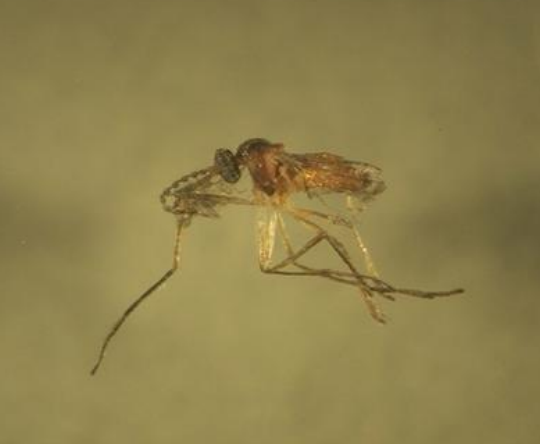
Dasineura oxycoccana (Johnson) Author: Craig Roubos, Ash Sial, Entomology, University of Georgia Description Immature stages: Eggs are oval-shaped, transparent and very small. Larvae are legless and white in color when newly hatched. As larvae mature, they darken and become orange by the time they are ready to pupate. Mature larvae have a unique feature called…
-
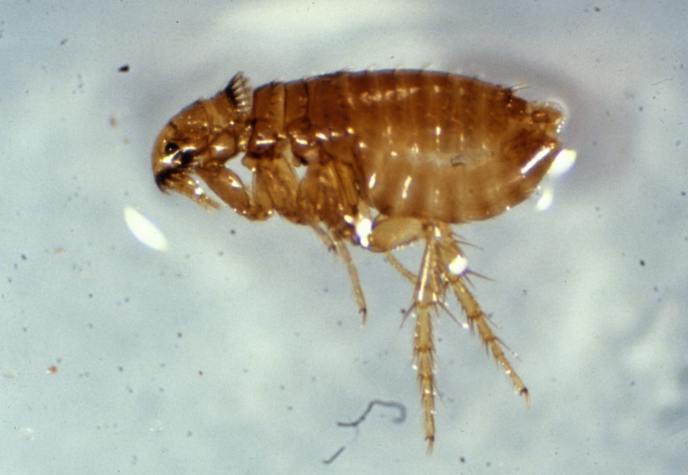
Ctenocephalides felis (Bouche) Credit: Modification from UFL IFAS Feature Creature Publication, 2021 Description Immature stages: Cat flea eggs are oval, smooth and about 0.5 mm in length. Because the female flea is on the host, when she produces eggs they sift through the host’s fur and fall into the environment, collecting in areas where the…
-
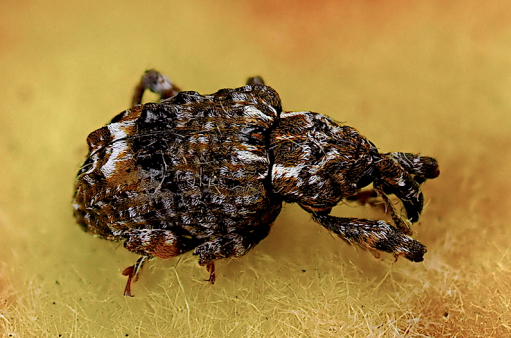
Conotrachelus nenuphar (Herbst) Author: Brett Blaauw, Fruit Entomologist, University of Georgia, 2021 Description Immature stages: The larvae tunnel and feed in developing fruit, usually boring to the pit. Larvae are yellowish-white, legless, brownheaded grubs, about 3/8 inch (6-9 mm) long when fully grown. Adult stages: Adults are small, about 1/4 inch (4-6 mm) long, brownish-black…
-
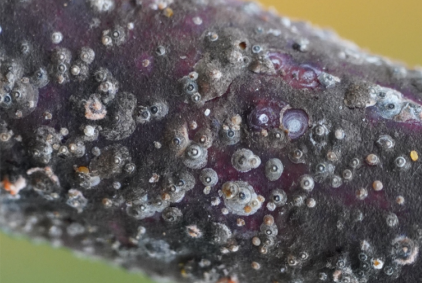
Comstockaspis perniciosus Author: Brett Blaauw, Fruit Entomologist, University of Georgia, 2021 Description Immature stages: The mobile stage of San Jose scale (SJS) immatures, known as ‘crawlers,’ are yellow, somewhat oval, and minute at about 1/100 inch long. Adult stages: Adult females are yellow, circular, sac-like insects. They secrete and live beneath a protective round gray-brown…
-
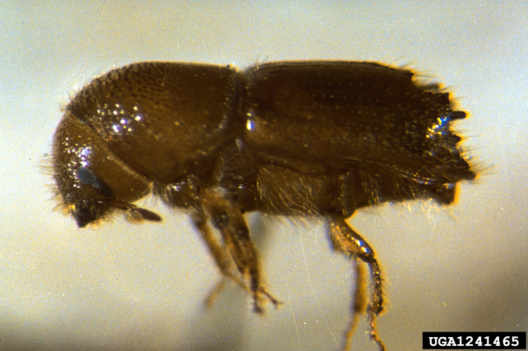
Coleoptera: Scolytidae Authors: David Coyle, Brady Self, James Floyd, John Riggins, Southern Regional Extension Forestry (SREF), 2018 Description Four species of Ips bark beetles (commonly known as Ips engraver beetles or Ips beetles) occur throughout pure and mixed pine forests in the southeastern U.S.: the six-spined ips (Ips calligraphus), the pine engraver (Ips pini), the…